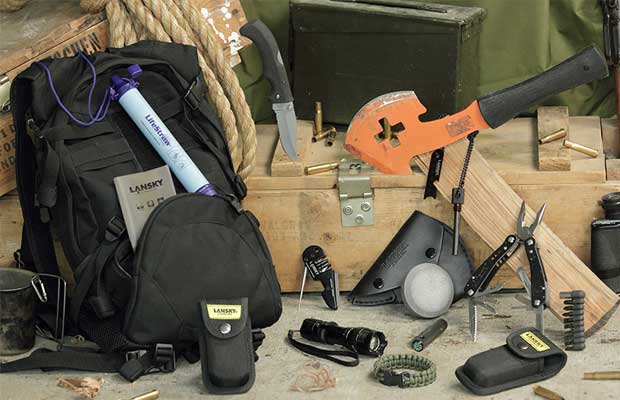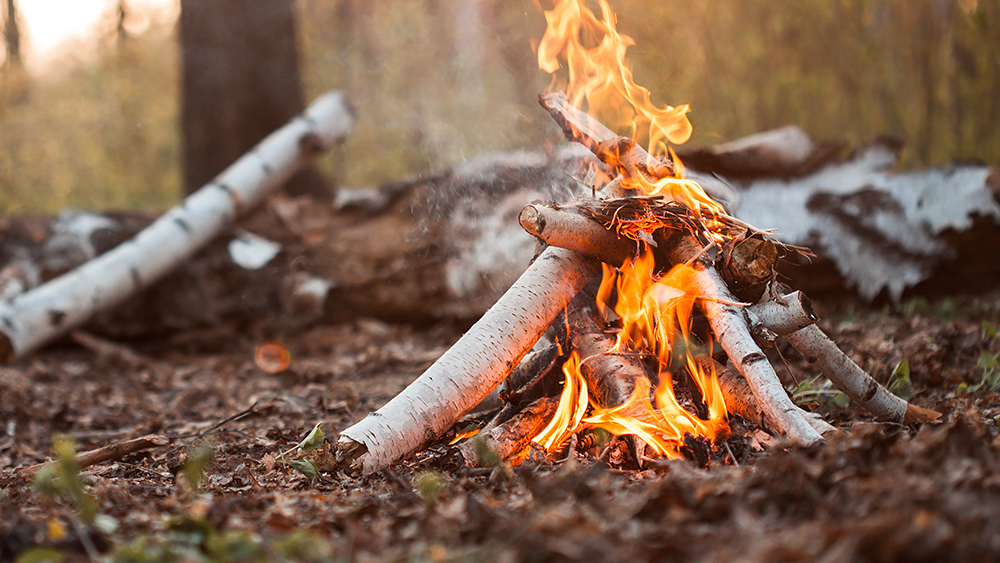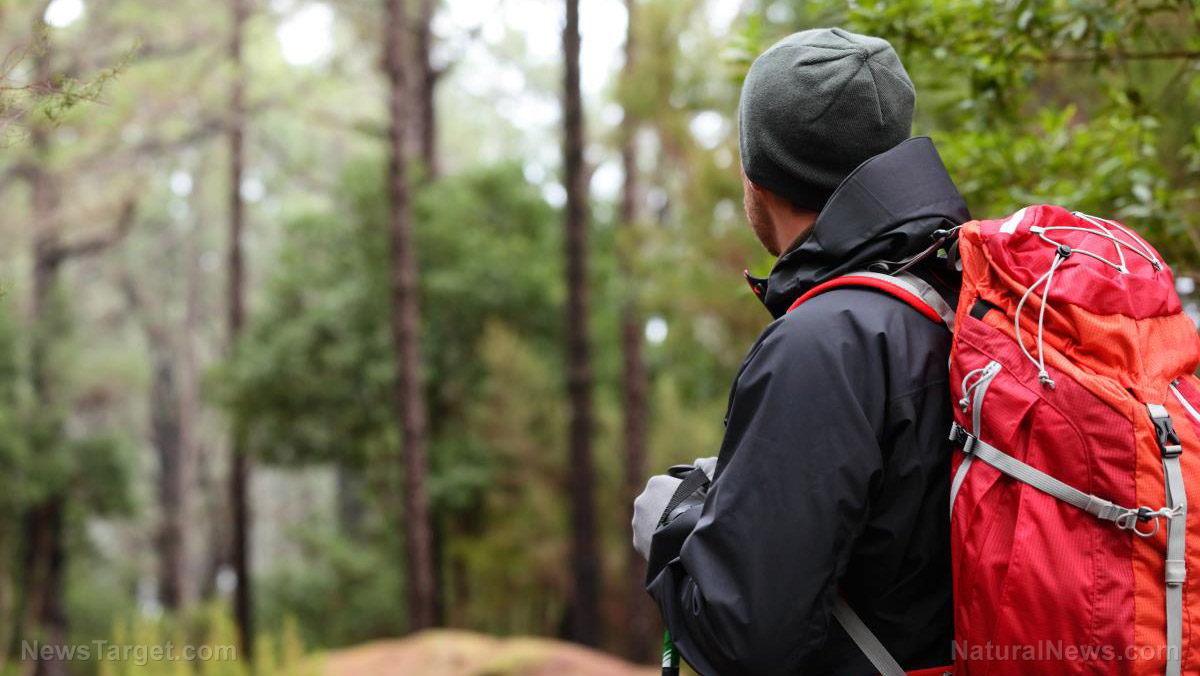
Before SHTF, preppers secure their food stockpile and pack survival gear in their bug-out bags (BOBs). If you want to have a backup for your backup, you can also try making a trash can survival kit. (h/t to SurvivalSullivan.com)
What's a trash can survival kit?
As the name implies, this kind of survival kit is disguised as a trash can. Before you write off this idea as silly, consider how sturdy, convenient and discreet trash cans are.
Modern plastic trash cans are available in different sizes and high-quality products are also very durable. Trash cans have conveniently placed handles and lids that will snap or latch securely to protect your supplies from pests and dirt.
While trash cans aren't watertight -- meaning they can't keep water out if they're submerged -- they can keep rain and moisture out if you seal the lids properly. (Related: Bug out survival planning: Prepping a bug-out bag in less than an hour.)
Disadvantages of using a trash can survival kit
Trash can survival kits also have some drawbacks:
- You gather most of your supplies in one container. If the kit is compromised, you'll lose all your items.
- If water or pests get inside the trash can, you might be unable to use your supplies, unless you placed each item in a sealed plastic bag.
- A full-sized trash can survival kit will be much heavier than a standard-sized bug-out bag.
Avoid these drawbacks by preparing a trash can survival kit if you plan to bug in so you don't have to drag the kit all the way to your bug-out location. You can also use a trash can survival kit if you have a truck as a bug-out vehicle for easier transportation.
Packing a trash can survival kit
When packing a trash can survival kit, heavier items should be placed in the bottom of the container to protect more fragile items. If you already have an idea about what items to pack, choose a trash can that will fit all of your gear. Just make sure you can transport the container alone if you want something bigger or heavier.
Once the container is packed, see if you can move it on your own. When using a trash can survival kit at a fixed site, store it close to your home so you can bring it in when SHTF.
Choosing and disguising a trash can survival kit
Follow the tips below to choose the right container for your kit:
- Buy a heavy-duty trash can made of sturdy plastic and with strong handles.
- Get a trash can with a lid that snaps or latches securely to the body to keep out rats and other pests.
- Use heavy-gauge, rubberized plastic trash cans. Metal trash cans could get dented.
- Buy water-grade liners to protect your supplies from rain or chemicals that might leach from the container itself.
A new trash can will stand out in your yard or garage. Try the ideas below to camouflage your trash can survive kit:
- Scrape the sides of the can a little with some sandpaper or drag it several times across your driveway.
- Drizzle a bit of glue or paint on the trash can.
What to include in a trash can survival kit
Items in a trash can survival kit include similar items that you would find in a BOB, but with some modifications. Store the kit in an area reasonably protected from the elements.
Water
You'll need clean water for drinking and sanitation when SHTF. Pack drinking water in bottles or jugs and keep them on the very bottom of the can. Include at least a gallon of water per person per day and bring water filters as a backup.
Food
When prepping food for a group, make sure each person gets at least 2,200 calories a day. For a bug-in kit, you'll need the following food items:
- Beans and lentils
- Canned fruits, veggies and meat
- Crackers
- Dried fruits
- Flour
- Honey
- Oatmeal
- Pasta
- Powdered milk
- Rice
If you're preparing a bug-out kit, you can include these food items to keep it light:
- Beef jerky
- Canned meat
- Dried fruit
- Granola
- Hardtack
- Nuts
- Peanut butter
- Pemmican
- Protein bars
- Tuna
Clothing
You should have at least one change of clothing in your kit. Opt for clothing items that are durable and made of quick-drying fabrics. Include underwear and socks, as well as seasonal items like heavy footwear (e.g., boots or trail shoes), gloves, hats and other items for different activities.
Shelter
Bring supplies you can use to set up a shelter for cold and wet conditions or in a hot environment, like blankets, emergency "space" blankets, tarps or a compact tent.
Lights and extra batteries
Prepare something handy like candles and matches, along with durable items like flashlights or headlamps with extra batteries.
First aid
When preparing a first aid kit, include items that you might need to treat minor medical injuries and different types of trauma, such as:
- Broken bones
- Burns
- Head trauma
- Lacerating or penetrating wounds
- Minor scrapes, cuts, bites, or blisters
- Minor ailments
- Prescription eyewear
- Prescription medication
Make sure you rotate your meds regularly.
Before SHTF, consider preparing a trash can survival kit so you can hide gear and supplies in your garage. When you eventually use up all the items in your kit, you can use the trash can to store water for your various survival needs.
Sources include:
Please contact us for more information.





















